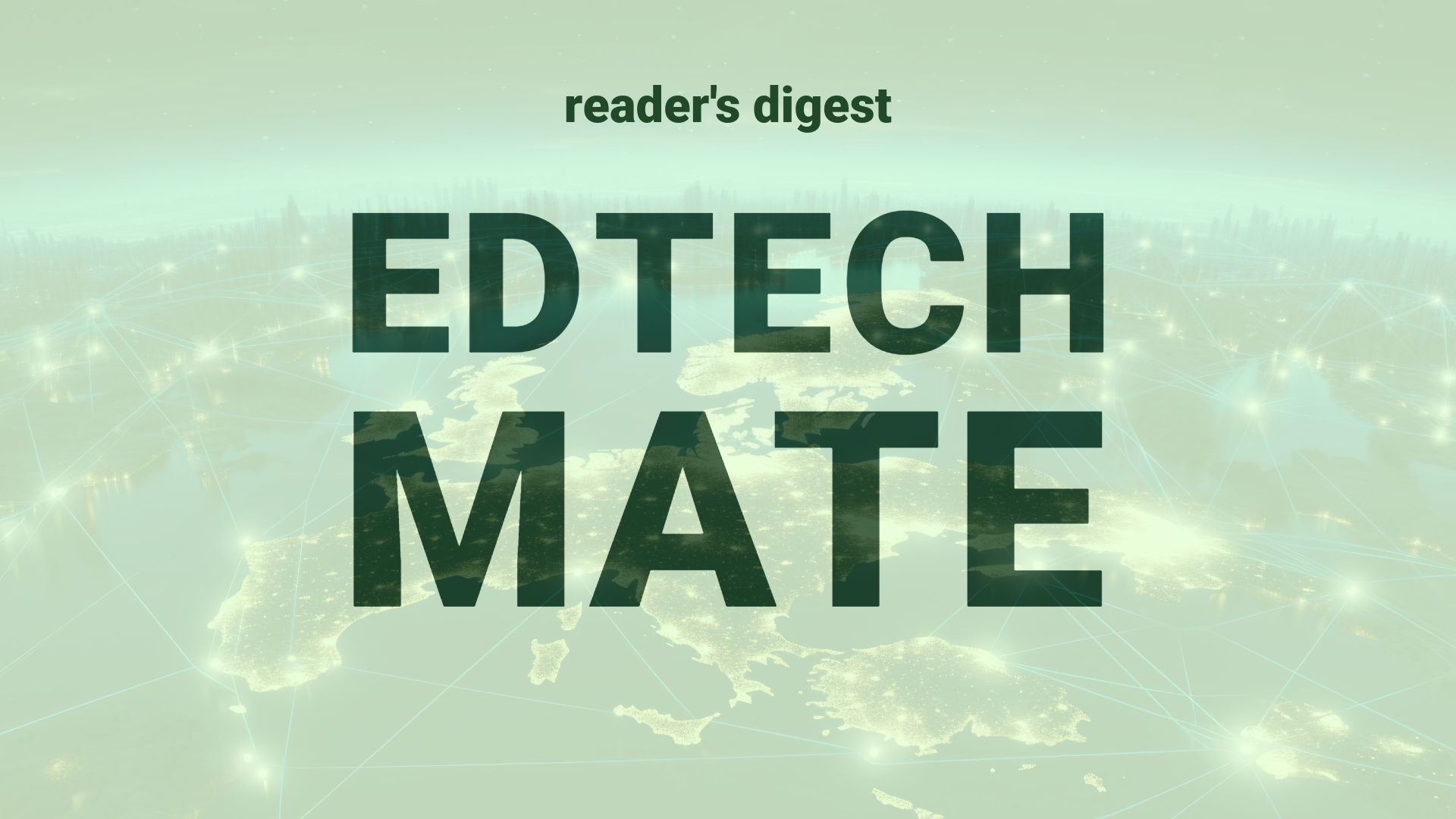Executive Summary and Main Points
The case study of Henkel’s digital transformation emphasizes the pivotal role of generative Artificial Intelligence (AI) in revolutionizing its operations. Henkel, a German consumer packaged goods (CPG) company, embarked on a five-year strategy to integrate AI into its core business processes to address a lag in digital adoption. Key initiatives included organizational upskilling, external talent acquisition, and building global innovation centers. A noteworthy development is the strategic partnership with SAP, leading to a successful co-innovation of an AI-powered trade promotion management (TPM) and trade promotion optimization (TPO) tool. Michael Nilles, Henkel’s CDIO, sees generative AI as a potential market differentiator, particularly in the creation of large language models (LLMs) tailored to niche industry domains.
Potential Impact in the Education Sector
The technological strides made by Henkel signal transformative possibilities within Further Education, Higher Education, and Micro-credentials. Institutions can adapt by focusing on:
- Strategic partnerships with tech companies for digital infrastructure and co-innovation.
- Developing and integrating course offerings in AI and data science to enhance digital literacy.
- Creating micro-credentials in industry-specific AI applications to meet the demand for specialized skills.
- Optimizing university operations and educational outreach through AI-based analytics tools similar to Henkel’s TPM/TPO software.
- Greater emphasis on interdisciplinary learning to tackle complex problems using AI, as seen in Henkel’s application of AI for market insights and product development.
Potential Applicability in the Education Sector
AI and digital tools similar to those leveraged by Henkel could offer innovative applications within global education systems, such as:
- Adaptive learning platforms employing generative AI to tailor educational content to individual student needs.
- AI-enhanced research tools that can analyze large volumes of academic publications to assist in cutting-edge scholarship.
- Integrative LLMs for academic libraries and course management systems, providing intuitive access to information.
- Use of predictive analytics to optimize enrollment, retention, and student success initiatives.
A forward-thinking approach involves not only implementing AI but also preparing students to become the creators and ethical stewards of such technologies.
Criticism and Potential Shortfalls
Despite the promise of AI, ethical considerations and cultural implications remain a significant concern. Real-world examples, including biased data sets leading to discriminatory AI algorithms, pose tangible risks. Educational institutions embracing AI must consider:
- The ethical sourcing and use of data in academic AI applications.
- Comparative international case studies to acknowledge and mitigate potential biases in AI systems used in global education.
- Assessing AI’s impact on job displacement within educational administration and the wider workforce, ensuring a balance between automation and employment.
- Cultural sensitivity in deploying AI technologies that interact with diverse student populations.
These issues underscore the need for comprehensive AI literacy within higher education, encompassing both technical and ethical dimensions.
Actionable Recommendations
In light of Henkel’s case, strategic suggestions for international education leadership include:
- Developing strategic alliances with industry and tech partners to enable access to and co-development of advanced AI tools.
- Incorporating AI literacy into curricula across disciplines to prepare future leaders for an AI-driven world.
- Investing in digital infrastructure and staff training to maximize the benefits of AI in educational settings.
- Evaluating AI applications through pilot programs to ensure alignment with institutional goals and values.
- Establishing ethics committees to guide the responsible adoption and oversight of AI technologies in education.
The proactive engagement with AI innovations, considering these recommendations, can position higher education institutions at the fore of technological advancement and societal progress.
Source article: https://www.cio.com/article/1306864/henkel-embraces-gen-ai-as-enabler-and-strategic-disruptor.html

